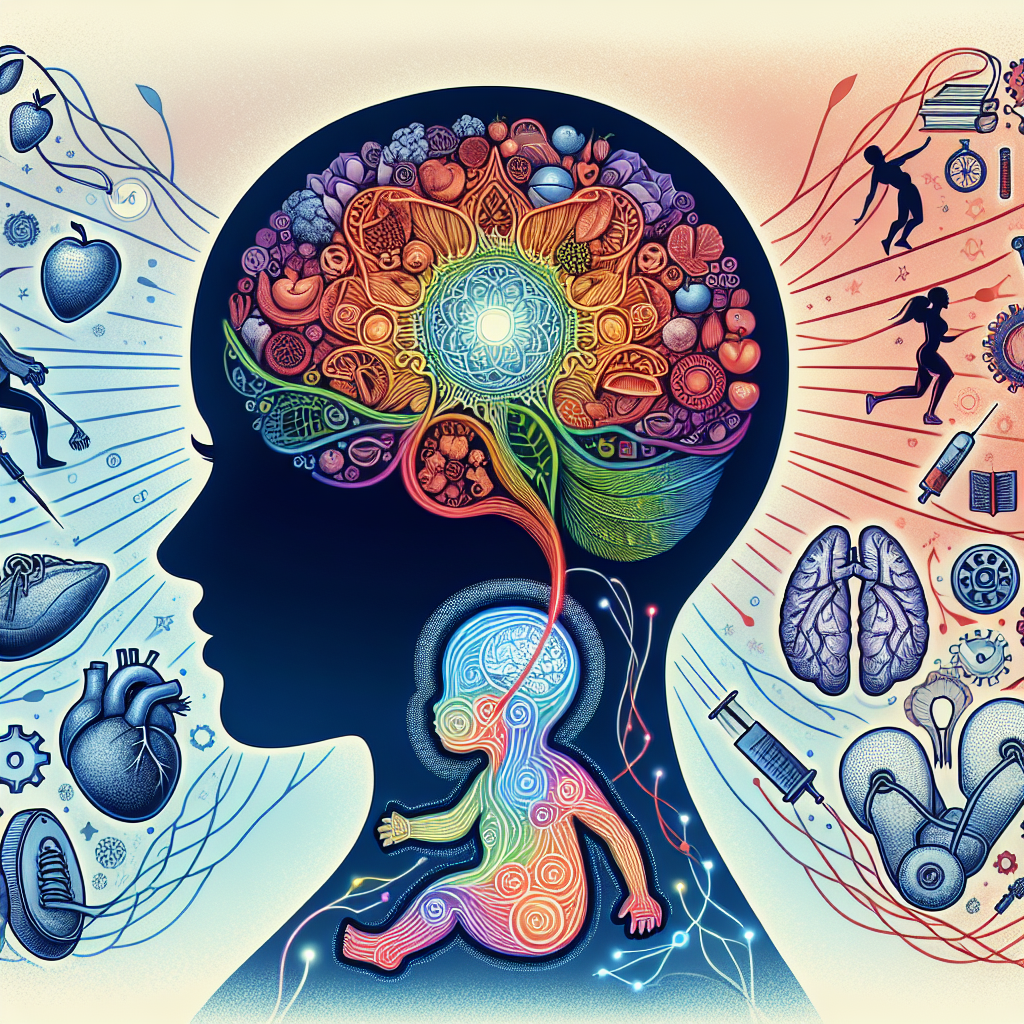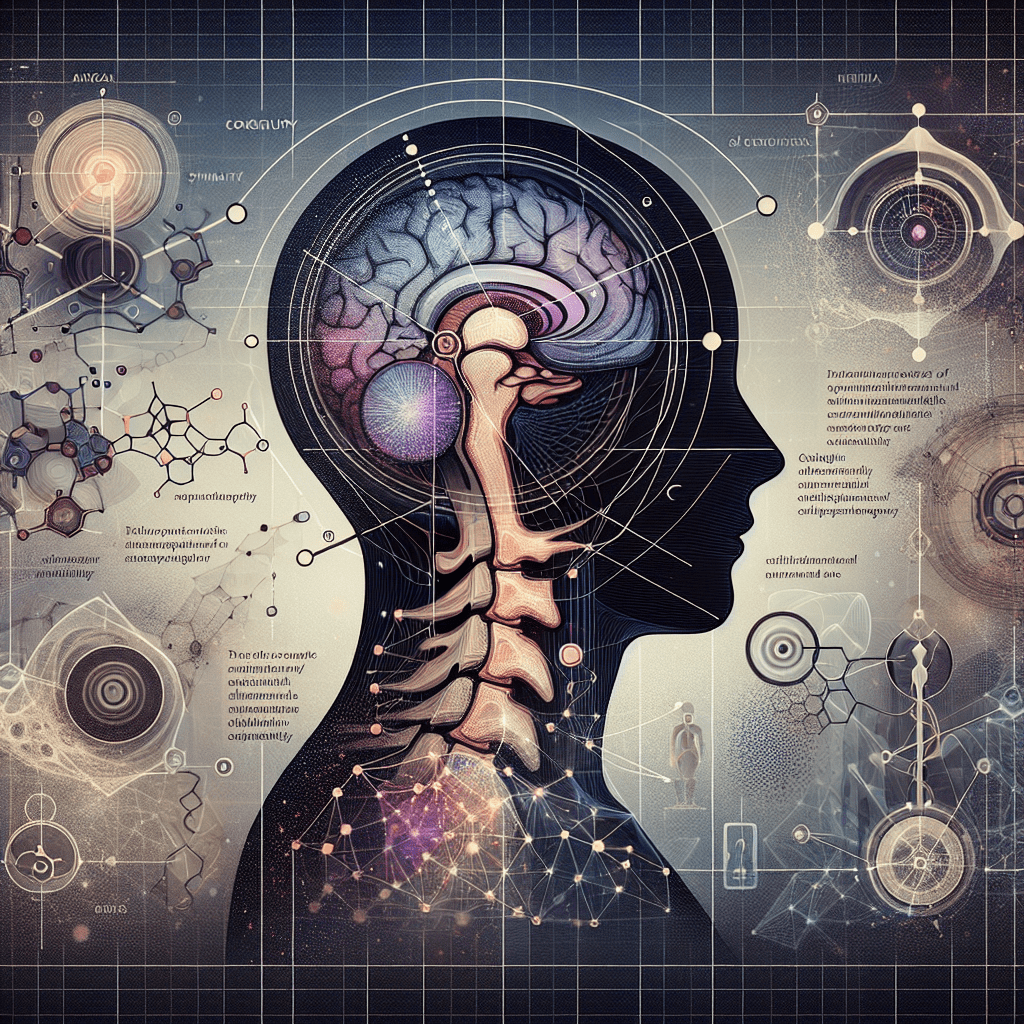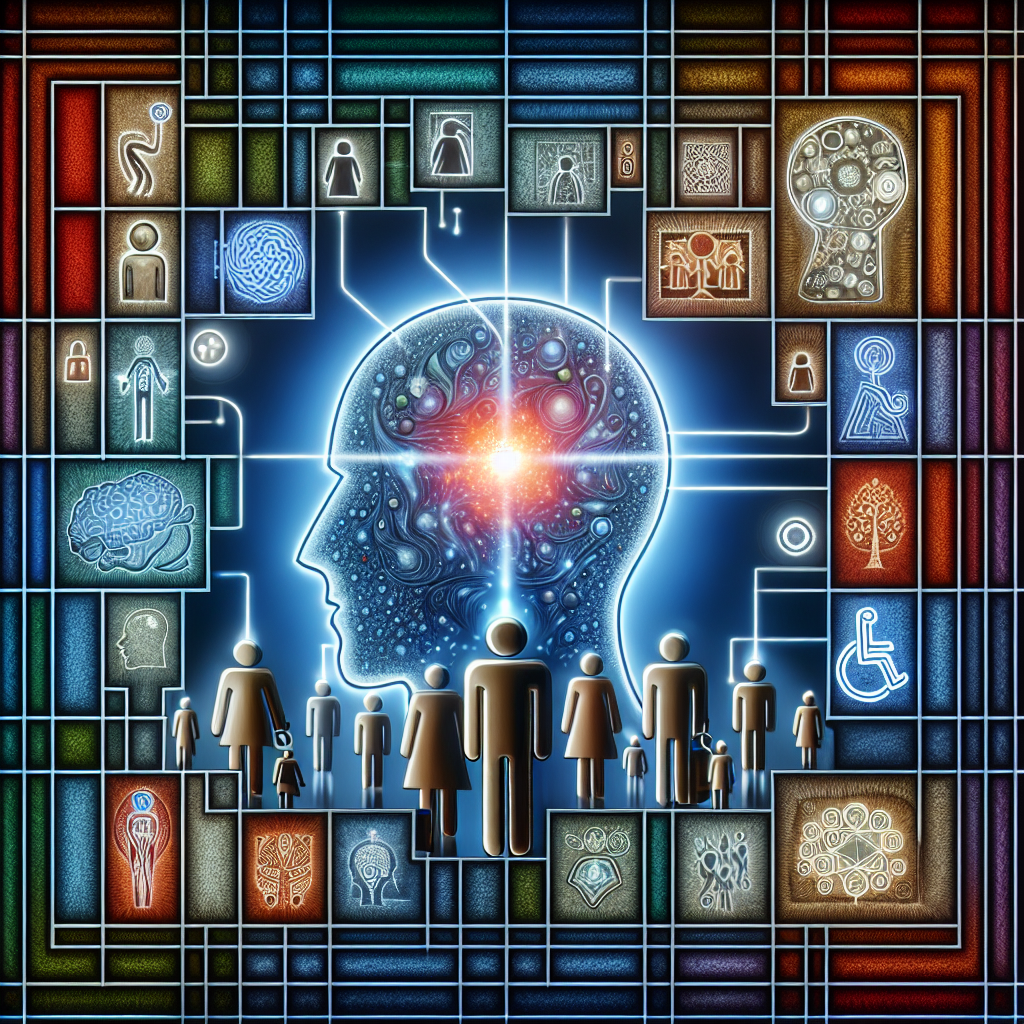Introduction: Unveiling the Invisible Battles Imagine a soldier, armored and robust, returning home not only with medals but also with silent wounds that run deeper than the eye can see. These are the invisible scars of Posttraumatic Stress Disorder (PTSD), a mental health condition triggered by deeply distressing experiences. But what if these psychological wounds […]
Tag: Cognitive psychology

How a Mother’s Health Shapes a Child’s Mind: Exploring the Impact of Gestational Diabetes
Introduction: The Journey Begins Before Birth Imagine a tiny life, still in the womb, starting its journey with a blank slate, ready to absorb, learn, and grow in a world full of promises. However, what if this journey is influenced by factors long before the child sets foot in the world? The concept may seem […]

The Emotional Symphony Within: Exploring Age and Emotion in Picture-Free Viewing
Introduction: Journey into the Emotional Landscape Imagine flipping through a photo album filled with all sorts of images—beautiful landscapes, bustling cityscapes, heartwarming family moments, or routine afternoon snapshots. This ordinary activity reveals a fascinating insight into the human mind: Each picture can evoke a different feeling, a surge of emotions. But, how do these emotions […]

Understanding Alzheimer’s Through Stories: A Journey into the Mind
Introduction Imagine sitting at your favorite café when suddenly, the world around you seems unfamiliar, as if you’ve walked into a different time or place. This unsettling feeling is an everyday reality for millions living with Alzheimer’s disease. Even as it entwines their memories and disrupts their sense of self, the urgent question remains: how […]

Navigating the Maze of Health Rights: Insights from Asylum Seekers in Sweden
Introduction Picture this: You’re in an unfamiliar land with all the hopes of starting anew, and yet, you find yourself battling not only language barriers and cultural differences but also struggling to understand your rights to basic health care. Welcome to the world of asylum seekers in Sweden, where a health assessment intended to secure […]

Navigating the Shadows of Personality: A Deep Dive into the Dark Triad
Introduction: Unveiling the Masks We Wear Picture yourself at a party, surrounded by an eclectic mix of strangers, each wearing a unique mask. Now imagine these masks represent different personality traits—distinct yet intricately connected. Among these are the more sinister masks of the Dark Triad: narcissism, psychopathy, and Machiavellianism—an assembly of traits that often captivate […]

Deciphering the Mystery of Agency: A Glimpse into Cervical Dystonia
Introduction: Peering into the World of Agency Imagine trying to play a video game where your actions don’t seem to match up with what’s happening on the screen. You move the joystick left, and a moment later, your character turns right. Frustrating, isn’t it? Now, picture experiencing this disconnect not just in a game, but […]

The Eyes Have It: Understanding Gamma Oscillations and Brain Responses to Eye Gaze
Introduction Imagine walking into a room and instantly sensing that someone is watching you. It’s almost uncanny how we can detect such subtle changes in our environment, but have you ever wondered how our brains manage this? It turns out, there’s a fascinating interplay of brain regions at work, especially when responding to eyes and […]

Exploring the Silent Minds: Understanding Perception and Language Processing in Non-Verbal Children with Autism
Introduction: Peeling Back the Layers of the Silent Minds Imagine trying to navigate the world where conveying your thoughts and feelings is like trying to communicate in a foreign language with no words. Such is the experience of many non-verbal or minimally-verbal children with Autism Spectrum Disorder (ASD), whose internal experiences remain locked away behind […]

Unveiling the Inner World: How Social Cognition Shapes the Lives of ALS Patients
Introduction: Bridging the Mind and Disease Imagine living in a world where understanding others’ emotions becomes as challenging as deciphering a foreign language. For those with Amyotrophic Lateral Sclerosis (ALS), a rapidly progressing neurodegenerative disease, this scenario might be more real than one would think. Typically known for its physical manifestations, such as muscle weakness […]
